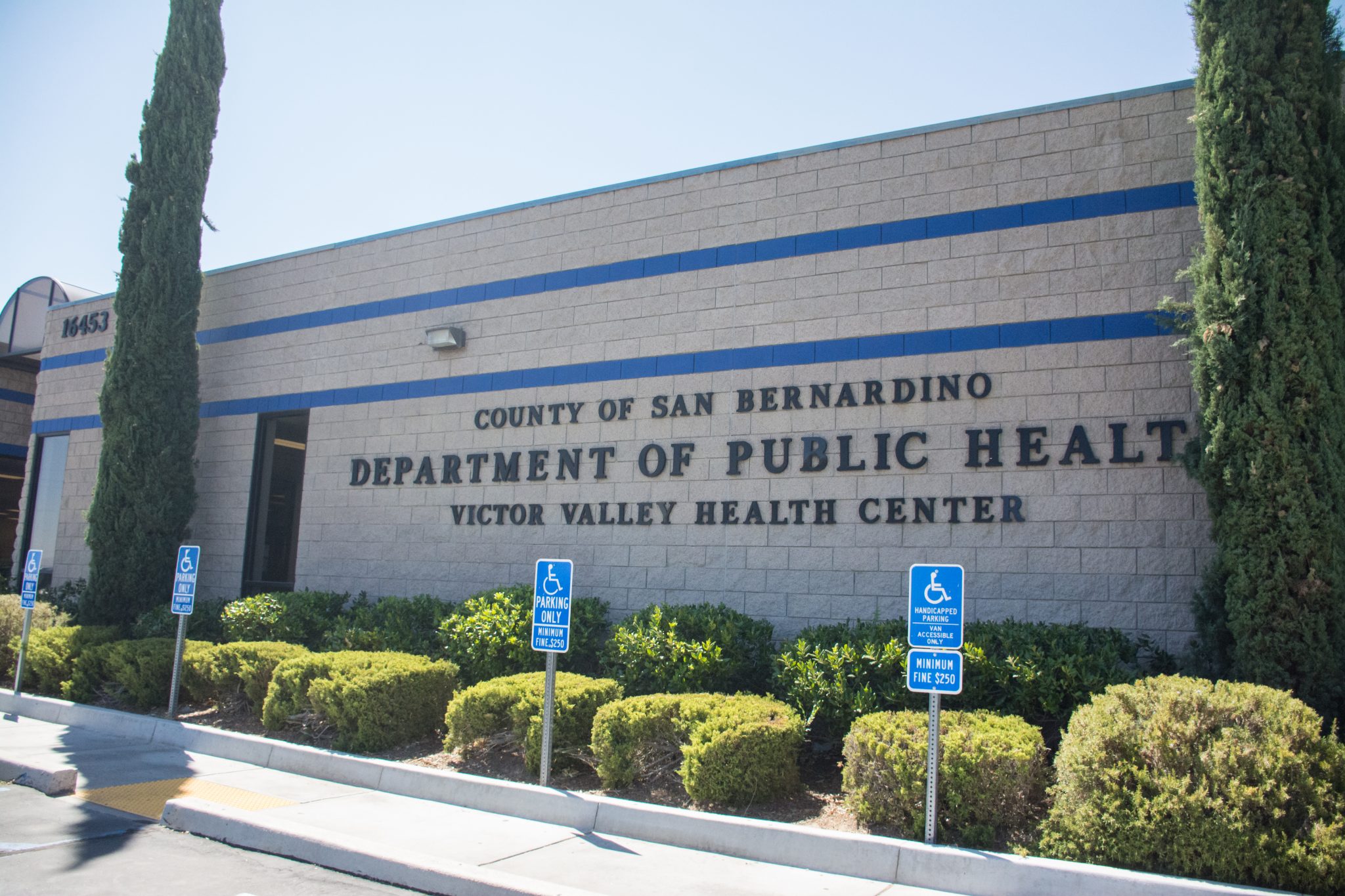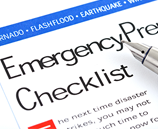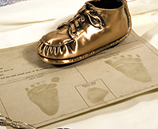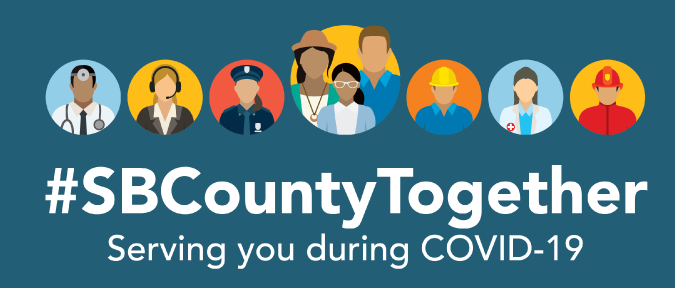Mission
Working in partnership to promote , improve, and protect health, wellness, safety and quality of life in San Bernardino County.
Welcome
Our dedicated staff works to prevent epidemics and the spread of disease, protect against environmental hazards, prevent injuries, promote and encourage healthy behaviors, respond to disasters and assist communities in recovery, and assure the quality and accessibility of health services throughout the County.
To achieve this goal, we place a high value on strong working alliances with local community groups representing the diverse populations who live in all areas of our large County.
We encourage you to explore our website and take advantage of the information it contains. We welcome your ideas on how we can improve services and provide you with useful health information.
News



















